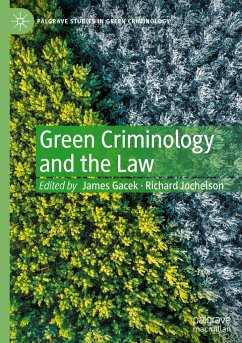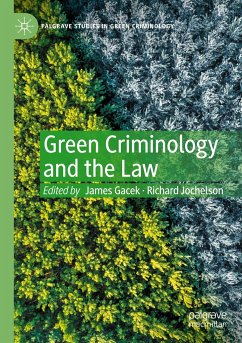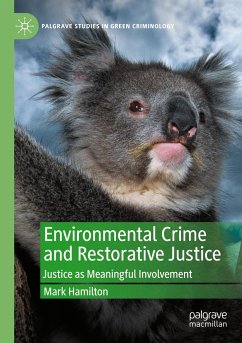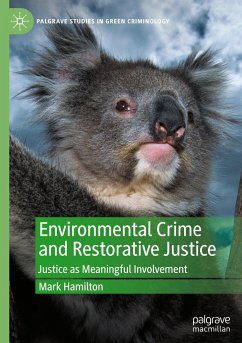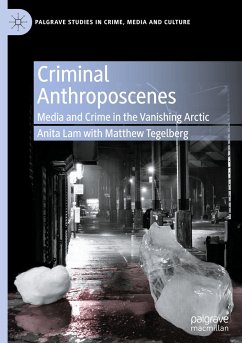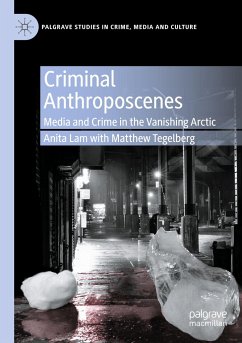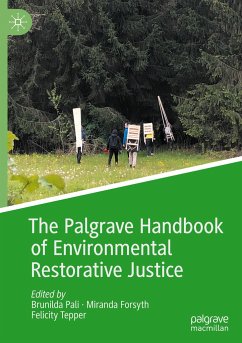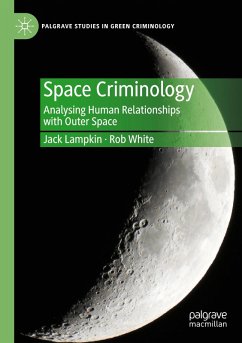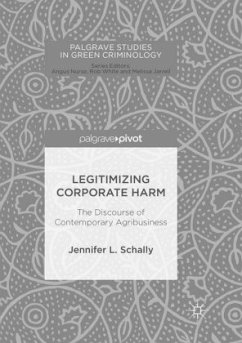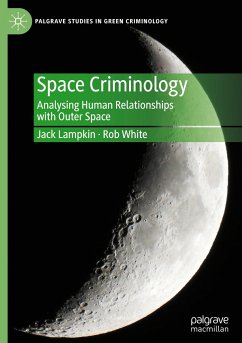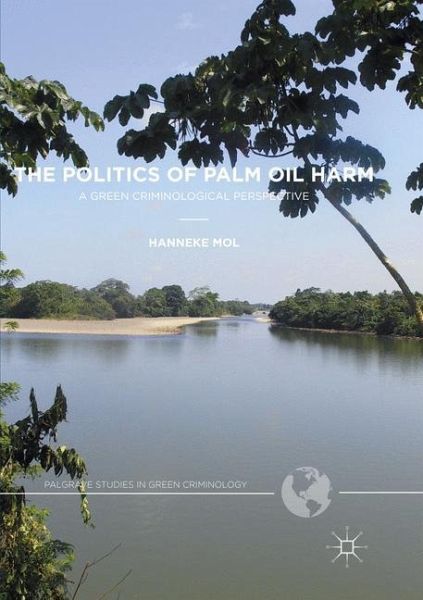
The Politics of Palm Oil Harm
A Green Criminological Perspective
Versandkostenfrei!
Versandfertig in 6-10 Tagen
76,99 €
inkl. MwSt.
Weitere Ausgaben:

PAYBACK Punkte
38 °P sammeln!
This book examines the politics of harm in the context of palm oil production in Colombia, with a primary focus on the Pacific coast region. Globally, the palm oil industry is associated with practices that fit the most conventional definitions and perceptions of crime, but also crucially, forms of social and environmental harm that do not fit strictly legalistic definitions and understandings of crime. Drawing on rich field-based data from the region, Mol contributes empirically to an awareness of the constructions, practices, and the lived and perceived realities of harm related to palm oil ...
This book examines the politics of harm in the context of palm oil production in Colombia, with a primary focus on the Pacific coast region. Globally, the palm oil industry is associated with practices that fit the most conventional definitions and perceptions of crime, but also crucially, forms of social and environmental harm that do not fit strictly legalistic definitions and understandings of crime. Drawing on rich field-based data from the region, Mol contributes empirically to an awareness of the constructions, practices, and the lived and perceived realities of harm related to palm oil production. She advances criminological debate around 'harm' by putting forward a theoretical and analytical approach that redirects the debate from a central concern with the academic contestedness of harm within criminology, towards a focus on the 'on-the-ground' contestedness of palm oil-related harm in Colombia. Detailed analysis and arresting conclusions ensure this book will be of great interest to students and scholars in the fields of Green and Critical Criminology, Environmental Sociology, and International and Critical Development Studies.





